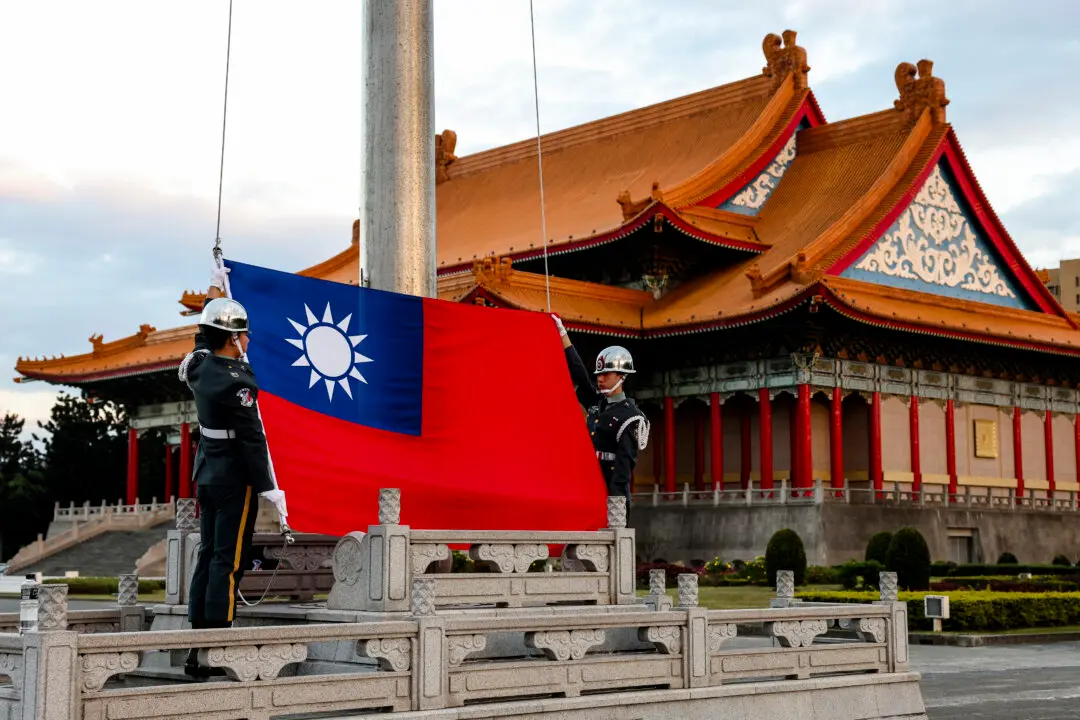Dozens of active-duty members in Taiwan’s military have been found to hold residency permits in China and will have their access to military intelligence revoked.
At least 62 Taiwanese service members were found to hold the permits, which are not illegal but are prohibited for members of the military and government workers, Taiwan’s Defense Ministry said on April 17.




